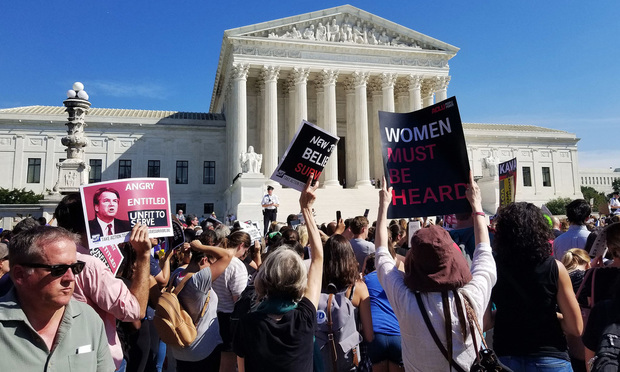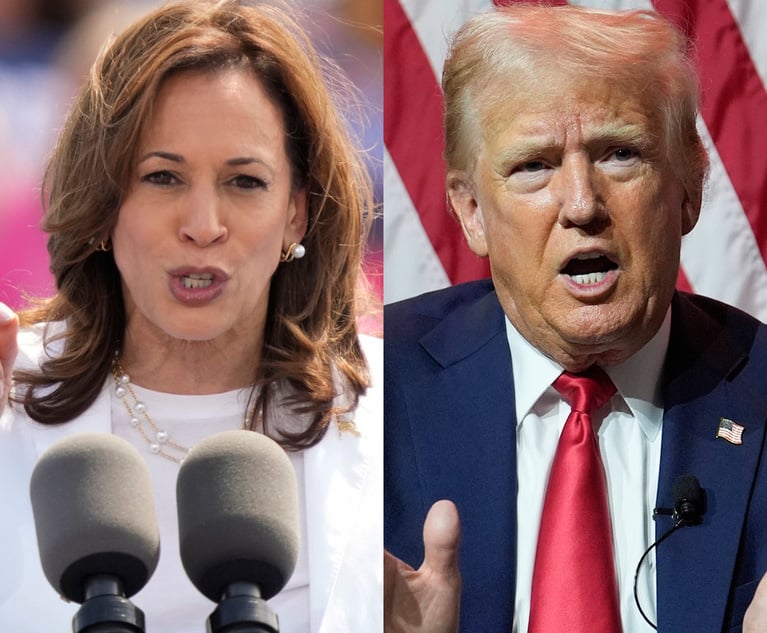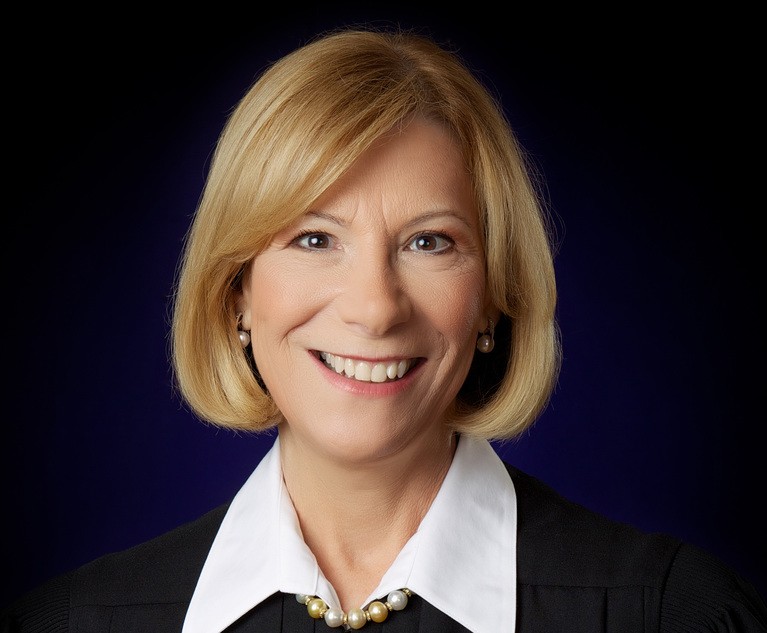On Oct. 6, 2018, Brett Kavanaugh was sworn in as the 114th justice of the U.S. Supreme Court at a private ceremony—a stark contrast from the very public confirmation hearings before the Senate Judiciary Committee that played out in the preceding weeks. Kavanaugh’s confirmation was nearly derailed after Christine Blasey Ford and several other women alleged that the judicial nominee had sexually assaulted each of them in the 1980s. In the midst of the #MeToo movement, the allegations prompted nationwide outrage and daily protests against Kavanaugh, while hashtags such as #BelieveAllWomen and #WhyIDidntReport dominated social media.
Kavanaugh was eventually confirmed by a margin of only two votes, and while there have been whispers of a grassroots movement to impeach him, it appears as though nothing more will come of the allegations against him. The same cannot be said for embattled Virginia Lt. Gov. Justin Fairfax. Amid recent calls for the resignation of Virginia Gov. Ralph Northam over a racist yearbook photo, Fairfax, who is next in line for the governorship, was accused of sexually assaulting a woman in 2004 during the Democratic National Convention in Boston. Fairfax immediately denied the allegations and described the encounter as consensual. Fairfax’s accuser, identified as Vanessa Tyson, has retained the same group of lawyers that represented Ford. Fairfax, meanwhile, has retained the same group of lawyers that represented Kavanaugh.
This content has been archived. It is available through our partners, LexisNexis® and Bloomberg Law.
To view this content, please continue to their sites.
Not a Lexis Subscriber?
Subscribe Now
Not a Bloomberg Law Subscriber?
Subscribe Now
LexisNexis® and Bloomberg Law are third party online distributors of the broad collection of current and archived versions of ALM's legal news publications. LexisNexis® and Bloomberg Law customers are able to access and use ALM's content, including content from the National Law Journal, The American Lawyer, Legaltech News, The New York Law Journal, and Corporate Counsel, as well as other sources of legal information.
For questions call 1-877-256-2472 or contact us at [email protected]


 Demonstrators outside the U.S. Supreme Court protest the confirmation of Brett Kavanaugh, on Thursday, Oct. 4, 2018. Photo: C. Ryan Barber/ALM
Demonstrators outside the U.S. Supreme Court protest the confirmation of Brett Kavanaugh, on Thursday, Oct. 4, 2018. Photo: C. Ryan Barber/ALM




